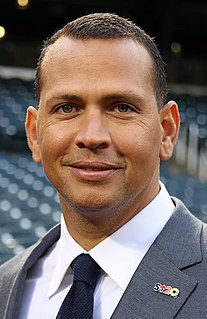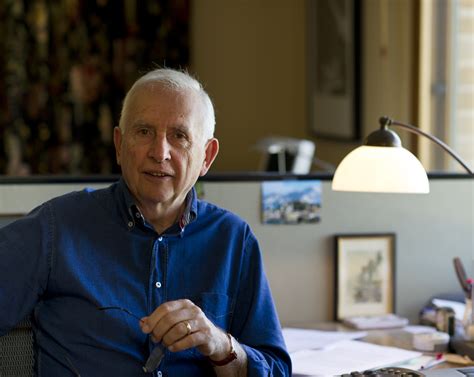A Quote by Malcolm Jenkins
Government and companies working together to support parents, teachers, and mentors within the community can give kids a strong background in financial literacy.
Related Quotes
What is left that only the family can do? According to the new economy - nothing. The leading view today is 'It Takes a Village,' that even love can be outsourced to teachers, coaches, clubs and mentors. The truth is that it does take a village, a community, but a community of families working, playing, cooperating and facing obstacles together, not a community of government institutions.
The Harper Government is committed to ensuring that seniors have the skills they need to make solid financial choices. Seniors today face an increasingly complex financial marketplace, and it will take the combined efforts of public and private sector organizations to help seniors navigate the many financial choices they face. The start of Financial Literacy Month is an excellent opportunity to thank the Canadian Bankers Association and encourage other private sector organizations to take an active role in providing financial literacy support to Canada's seniors.
Emotional 'literacy' implies an expanded responsibility for schools in helping to socialize children. This daunting task requires two major changes: that teachers go beyond their traditional mission and that people in the community become more involved with schools as both active participants in children's learning and as individual mentors.
We don't invest in financial literacy in a meaningful way. We should be teaching elementary school children how to balance a checkbook, how to do basic accounting, why it's important to pay your bills on time. First, education. Begin the learning process as early as possible, in elementary school. Second, encourage and support entrepreneurism. Third, policy. I know it's a priority of the US Treasury to augment financial inclusion and increase financial literacy.
Financial literacy is not an end in itself, but a step-by-step process. It begins in childhood and continues throughout a person's life all the way to retirement. Instilling the financial-literacy message in children is especially important, because they will carry it for the rest of their lives. The results of the survey are very encouraging, and we want to do our part to make sure all children develop and strengthen their financial-literacy skills.
In terms of my profession, I'm passionate about financial literacy. I want to live in a financially literate society. I want kids to understand the importance of savings and investing. I want to try to replicate the great savers who came out of the Depression, the best savers the country has ever seen. It's crucial that people understand the importance of financial literacy, because it's actually life saving.
Kids who are middle class, socioeconomically, are surrounded by mentors. They have coaches, teachers, they have family friends, their parents have friends. They might have opportunities, they might have jobs that allow them to experience things that kids in poverty often don't have. Sometimes they come from dysfunctional families. And when you come from a family where money's a real challenge, then it might not be a priority to get you into a summer internship.






































